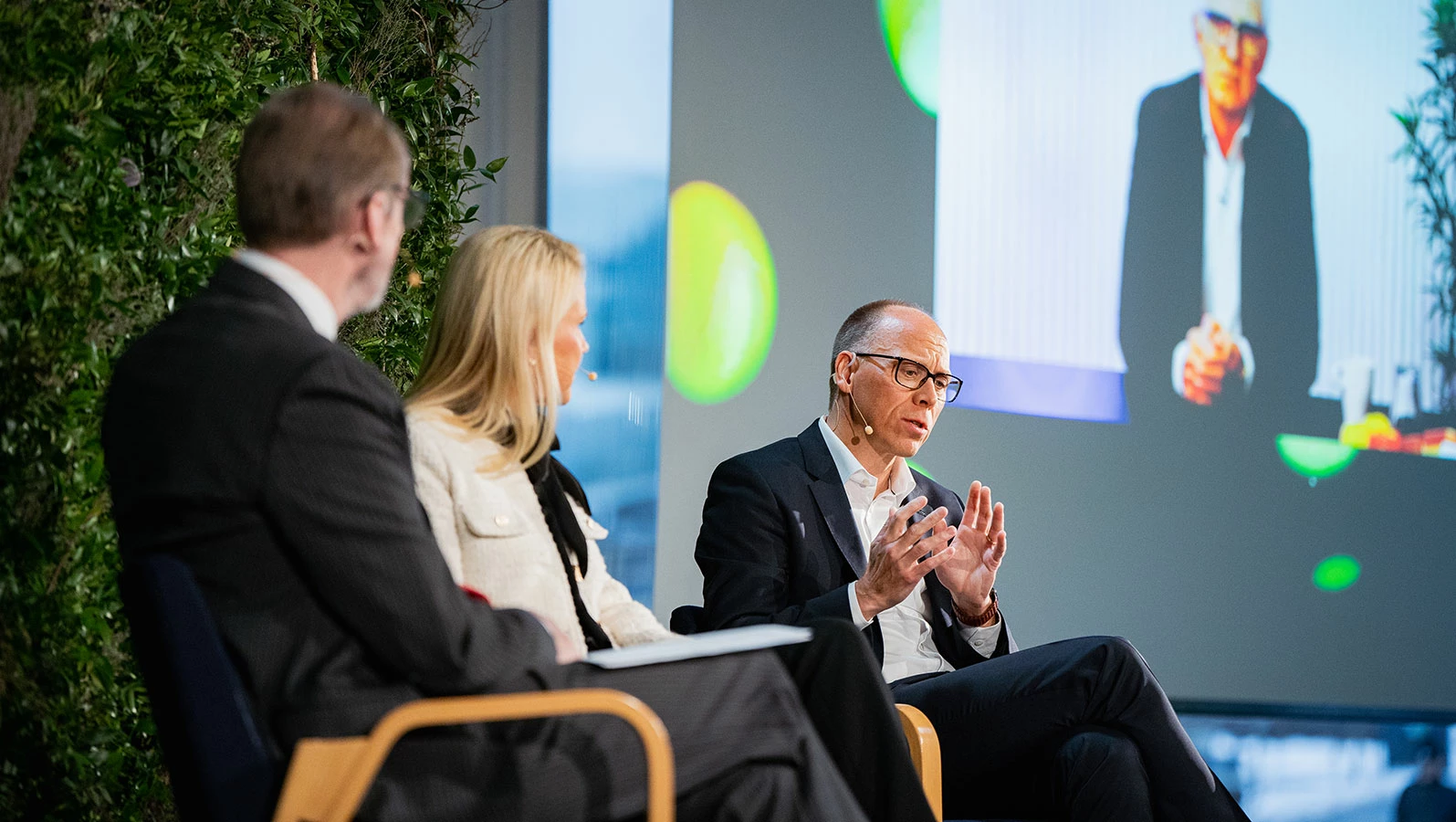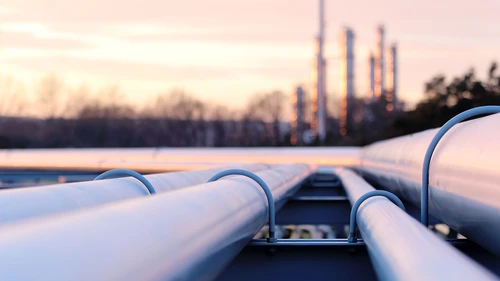Sustainability was the theme of the day at a pan-Nordic Nordea event last week bringing together corporates, government representatives as well as our own ESG experts to discuss how to drive the transition to a net-zero economy.
In the opening panel session, Nordea’s CEO Frank Vang-Jensen, Ørsted’s CEO Mads Nipper and Minna Aila, SVP Sustainability and Corporate Affairs in Neste, had an open-hearted conversation on the many dilemmas corporates struggle with today. Should you end relationships with clients and suppliers that are less ambitious in their ESG strategies? Does government regulation support firm and fast execution? And what kind of leadership and culture does it take to shift a company’s mindset to a sustainable bottom line?
No business models left untouched
The first part of the panel focused on what corporates can do to balance the risks and opportunities that come with the transition to a new economy. Only a few companies can leave their business models untouched if the goals of the Paris Agreement are to be met.
Mads Nipper described Ørsted’s transformation over the last 10 years, from being one of the most fossil fuel-intensive energy companies in Europe to having 90% of its heat and power generation based on renewable energy. That strategy has required consistency when it comes to plant closures, divestments and investments, and today makes Ørsted the world's second largest investor in renewable energy, with around 6 billion euros in annual investment.
Despite the swift switch to climate-friendly energy, the company still has work ahead to realise its full ESG ambition, according to the CEO:
“It’s not only about decarbonation, which is our business, but also about addressing all the other sustainability challenges around green energy, from biodiversity and our impact on nature to ensuring that we, also from a social dimension, help retrain the workforce from sunset industries like oil and gas,” Mads Nipper explained.



